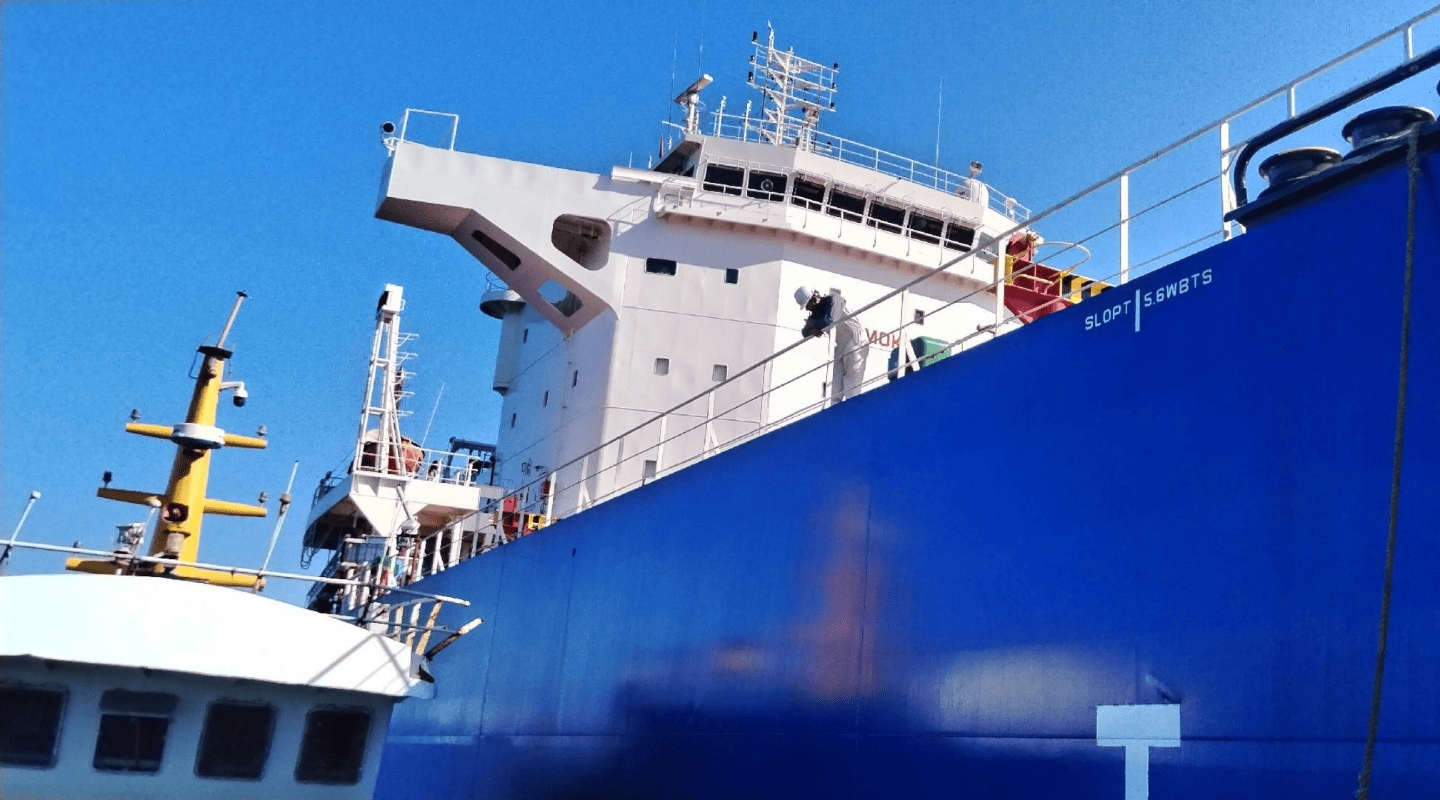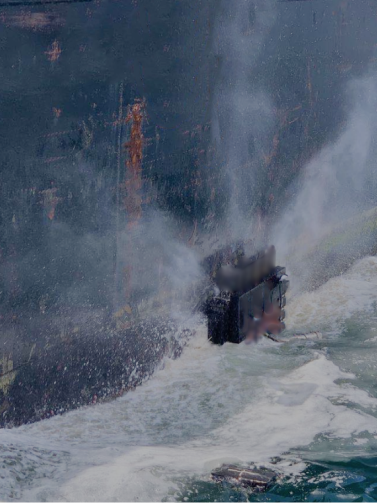In the face of the urgent need to reduce emissions and costs, shipping companies are seeking solutions through hull cleaning robots, with this market projected to reach $460 million by 2029, boasting an astonishing annual growth rate of 42.0%.
According to a recent report from QYResearch, global demand for hull cleaning robots is experiencing rapid growth, primarily driven by leading companies like Maersk, MSC, CMA CGM, and ONE actively adopting these robots for underwater cleaning. The International Organization for Standardization (ISO) is also in the process of developing standards for underwater hull cleaning, expected to be finalized by year-end, with a strong emphasis on environmental protection. As the shipping industry grapples with emission reduction targets and inclusion in the EU ETS, the hull cleaning market is gaining increasing attention. The accumulation of biofouling on a ship’s hull, leading to increased fuel consumption and emissions, presents a significant challenge. Hull cleaning proves to be crucial in achieving fuel savings, cost reduction, and emission control, aligning with the industry’s decarbonization goals.
Giuseppe Gargiulo, Head of New Ships at Mediterranean Shipping Company, underscores the pivotal role of hull cleaning in the development of a sustainable shipping industry, deeming it a core aspect. The battle for shipping decarbonization hinges on immediate actions, such as the adoption of hull cleaning practices, laying the groundwork for long-term transformations.
Robot hull cleaning is revolutionizing sustainability in the shipping industry, particularly when performed underwater. British shipowner company Lomar Shipping highlighted. The advantages of underwater operations, sidestepping the limitations associated with dry dock cleaning, thereby minimizing financial losses and operational disruptions. Aron Sørensen from BIMCO emphasizes the imperative of underwater hull cleaning, highlighting its efficiency and minimal impact on regular ship operations.
Leading shipping companies such as Maersk, MSC, CMA CGM, and ONE are actively embracing robot hull cleaning, ensuring clean hulls at minimal costs. Neptune, armed with cavitation water jet technology, provides a solution for robust cleaning without compromising the integrity of the paint, efficiently completing hull cleaning without damaging the anti-fouling coating. Neptune’s services cover various regions, operating seamlessly even in turbid harbor waters, breaking through water conditions and weather constraints, and have already gained recognition from numerous satisfied customers.
In the relentless pursuit of a sustainable shipping industry, hull cleaning emerges as a key player, with robot technology leading the way. Stay tuned as the industry continues to evolve, embracing innovation to achieve greener and more efficient maritime practices.










